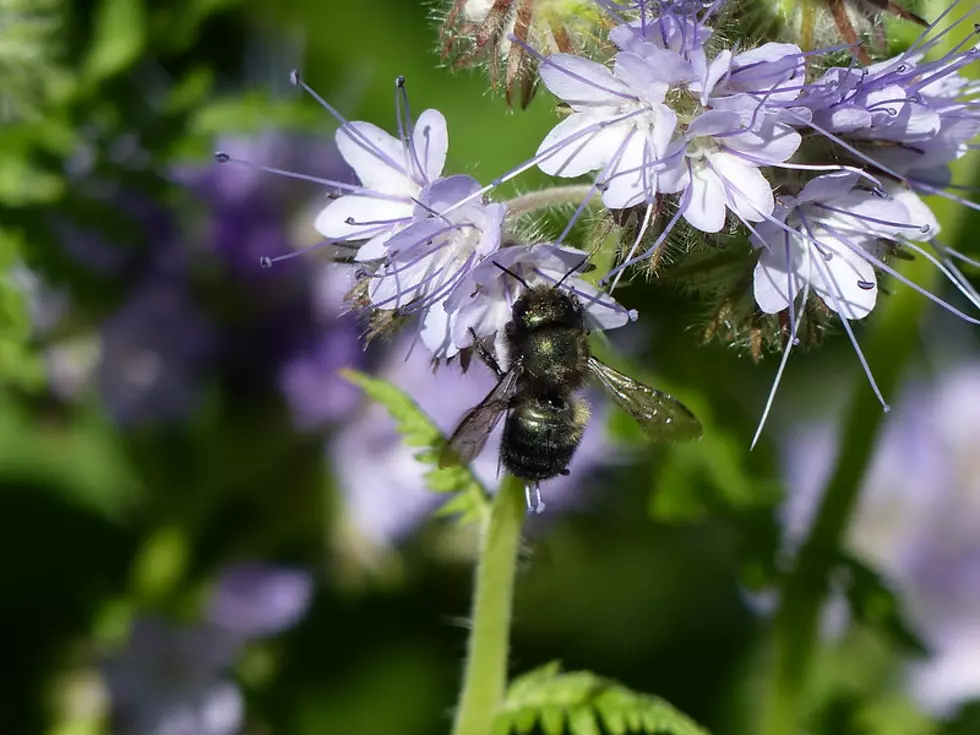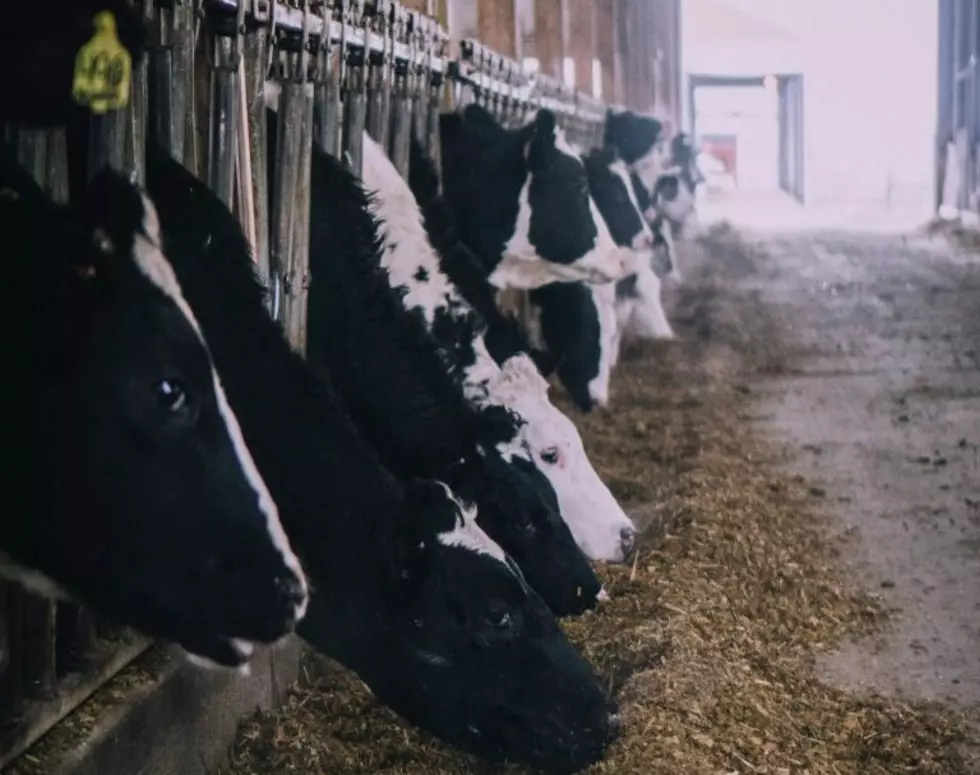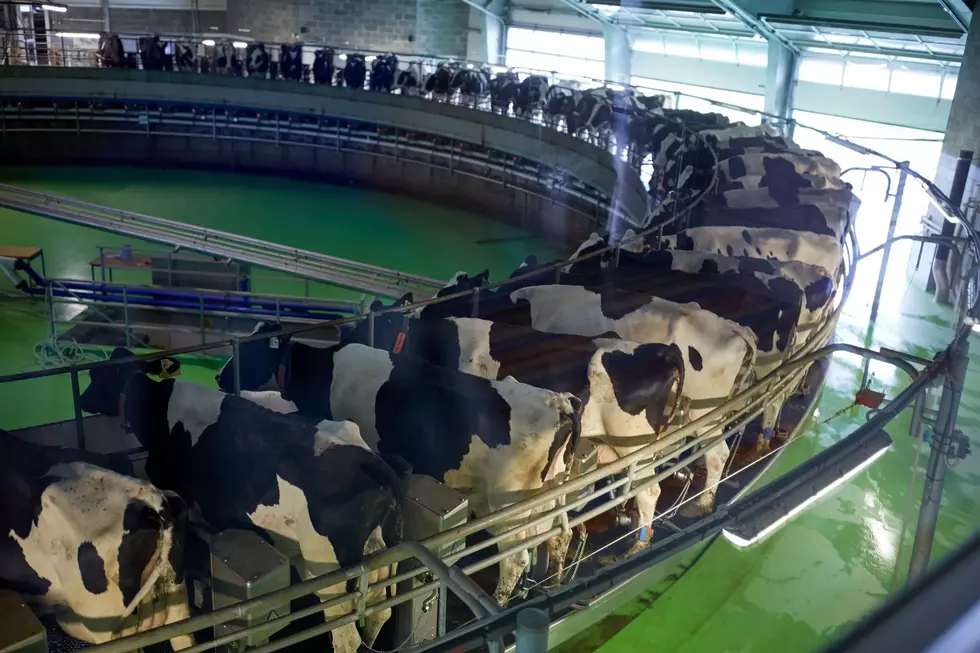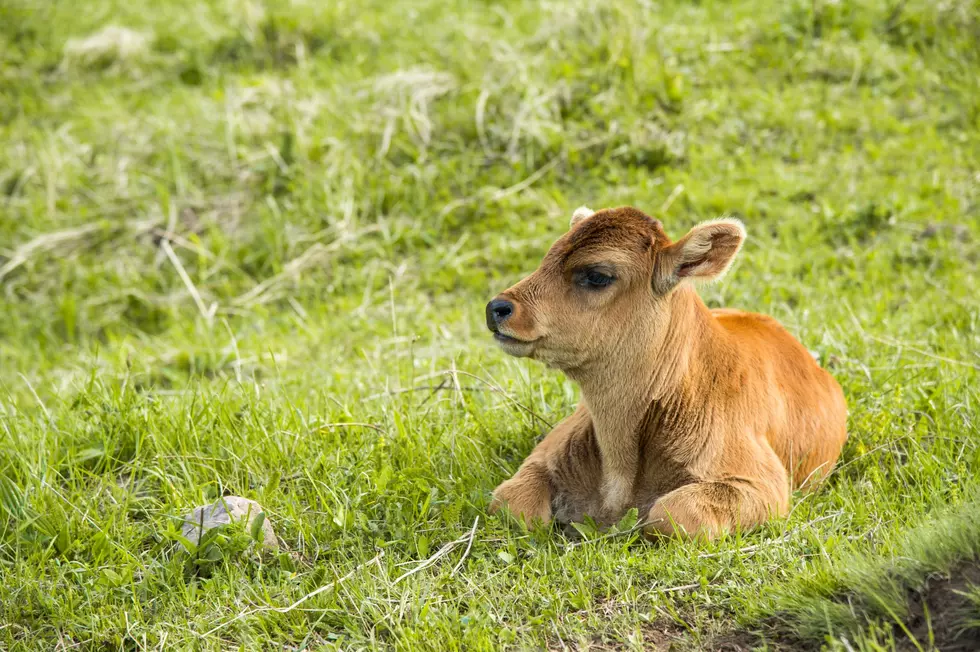
Can AI Help Bees? OSU Wants To Know
New artificial intelligence developed at Oregon State University could help protect bees from new pesticides. Typically, pesticide developers expose a group of bees to a new chemical and if more than 50% survive, it’s deemed nontoxic for these critical pollinators. But, OSU Assistant Professor of Chemical Engineering Cory Simon said this new A.I. can predict bee toxicity in a fraction of a second.
“Instead of conducting 1,000 bee toxicity experiments, which is time consuming, expensive, and yeah it kills a lot of bees, we could narrow down to a few pesticides that our model predicts not to be toxic for the experiments.”
Simon believes the machine can be useful in an infestation emergency.
“Where there is a pest invading a field and they need to make a quick decision ‘which pesticide should we use among these new ones?’ And they haven’t had experiments yet, our model could be used to predict which pesticide to apply with the lowest risk to bees.”
Oregon State estimates almost 100 commercial crops in the U.S. would vanish without bees to transfer pollen needed for reproduction, so protecting them from becoming collateral damage to pesticides - researchers say - is critical to the protection of our food supply.
If you have a story idea for the PNW Ag Network, call (509) 547-1618, or e-mail glenn.vaagen@townsquaremedia.com
More From PNW Ag Network









